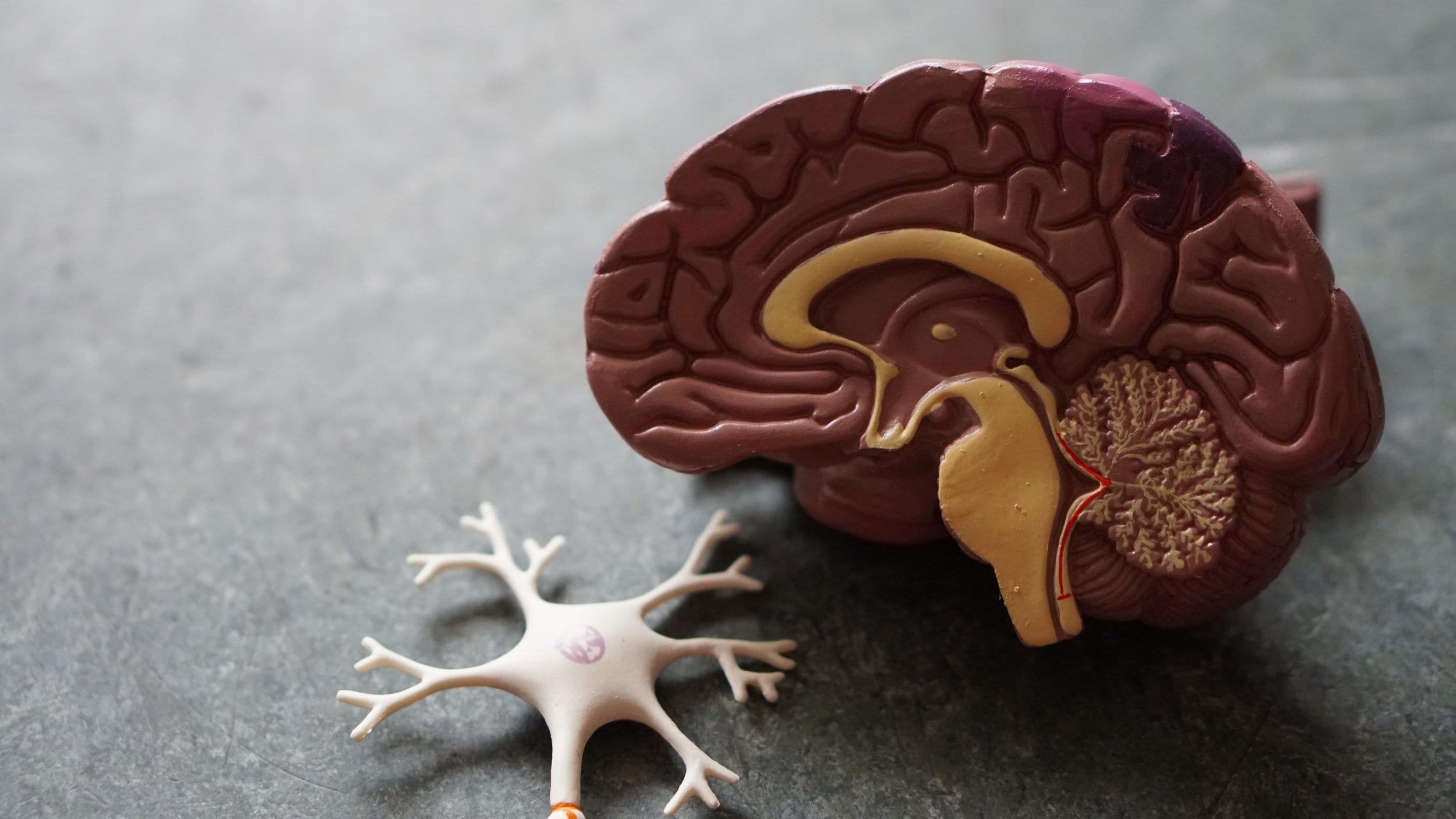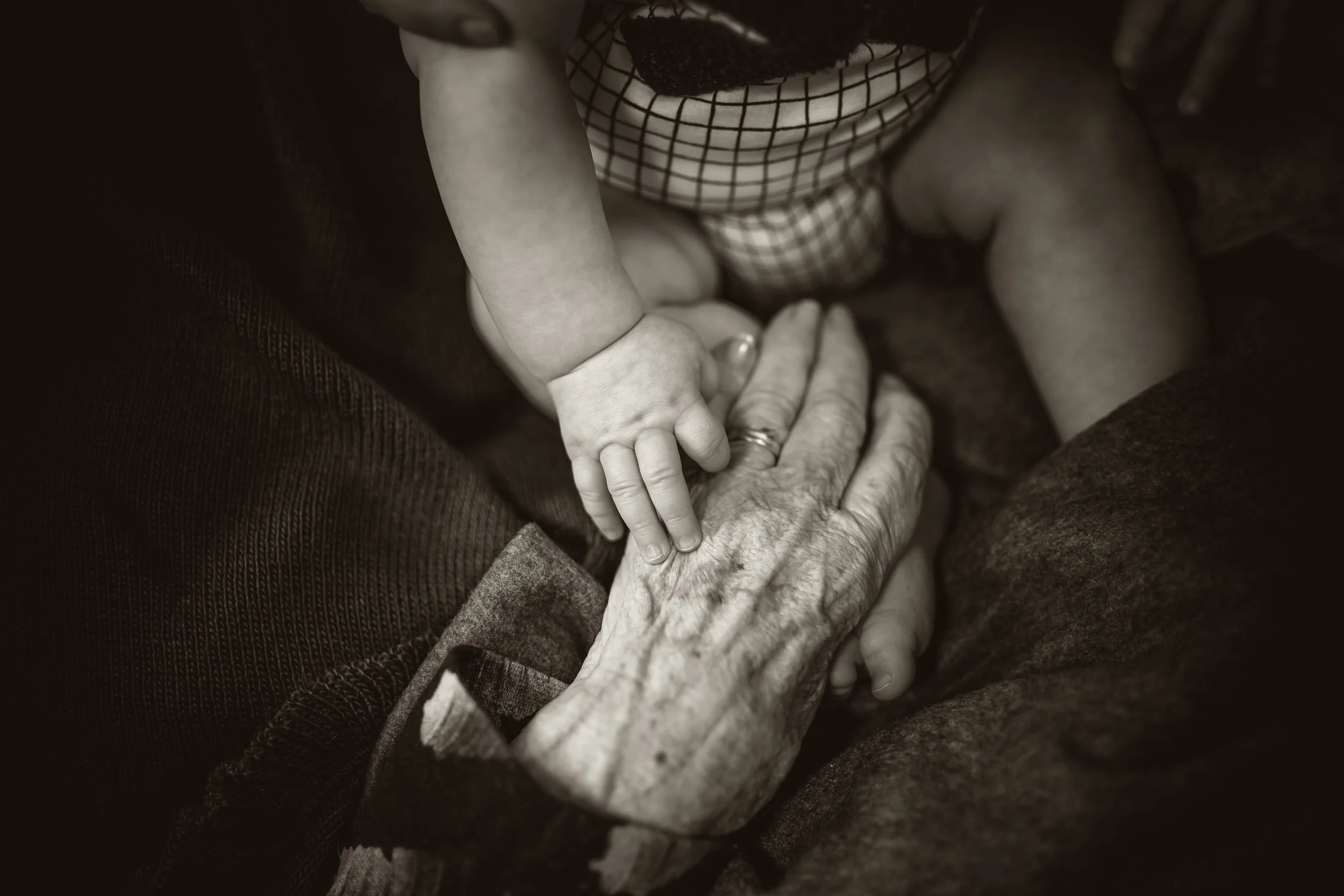
Research & Projects
Overarching Program of Research
The Virginia Affect and Interoception Laboratory studies how the body and brain can shape everyday human feelings and behaviors—be these feeling hungry or sick to emotions, social perceptions, and decisions. We primarily focus on how the body-brain constructs feelings and drives behaviors in part via affect and interoception. There are many ways our lab investigates these relations between body, brain, and behavior. For example:
We experimentally or pharmacologically induce certain bodily states (e.g., hunger, inflammation, acute stress) to determine how these states and their physiological pathways (e.g., ghrelin, cytokines, sympathetic nervous system) influence the brain and mind.
We examine how people can vary in their sensitivity to, awareness of, and beliefs about their bodily signals and sensations (“interoception”), whether interoceptive processes matter for emotion, sociality, and health, and to what extent interoceptive processes can vary with age, health status, cultural or socioeconomic background, etc.
We study the role of development and aging in changing how the brain and mind process bodily states and sensations—and what this means for our cognitive and social affective functioning across the lifespan.
We examine these processes and pathways both between and within individuals (e.g., health inequities, disease pathophysiology, stability vs. change over time), across contexts and cultures, and across the lifespan from childhood into late adulthood, with a particular emphasis on aging.
Our research largely takes inspiration from (i) constructionist approaches to neuroscience and emotion, (ii) affect-as-information theory, (iii) neuroscientific and behavioral ecology theories of allostasis, and (iv) lifespan approaches to psychology and health. We aim to build collaborations not only with other psychologists and neuroscientists but also with physicians, biologists, engineers, anthropologists, linguists, and researchers in other countries so that this research program can better consider the diversity of human bodies, brains, and experiences.
Areas of Current Focus
1. Metabolic contributions to social affective functioning. Mapping the neurobiological and interoceptive pathways by which metabolic states can impact emotion, stress reactivity, perceptions of risk and effort, and social dynamics.
2. Stress contagion in dyads and groups. Identifying the psychological and contextual factors that predict interpersonal synchrony, emotional contagion, and group dynamics during a stressor. This line of work is supported by an NSF grant.
3. Interoception across the lifespan. Understanding the physiological, neural, and cognitive components underlying interoceptive functions across the lifespan, from early to late life.
Lab Research Areas
Visceral body-brain
What are the systems and dynamics by which the brain predicts, represents, and manages the body’s ongoing internal states and sensations (a process known as allostasis)? In particular, how does the brain predict and manage the body’s energy resources?
Can we identify reliable individual differences in these neural representations of allostasis and energy—and do these differences meaningfully relate to individual differences in interoception, affect, and health?
How might health and disease factors alter neural (and potentially also psychological) representations of the body, allostasis, and energy over time?
Nature of interoception
How can we use lifespan development and psychometric approaches to improve our measurement and understanding of interoception and its related constructs?
To what extent does interoception vary within and between people, across cultures, contexts, and the lifespan as we develop and age?
Do interoceptive beliefs, concepts, and mindsets about the body and arousal influence our stress, emotions, physical health, and wellbeing?
How might concepts about bodily states, sensations, and health vary across history, languages, and cultures?
Visceral values
How do the body, brain, and interoception impact the generation of affect (and in particular, affective arousal)? Here, we consider arousal to be a felt sense of the body’s current resources and states, e.g., the degree of energy available vs. spent, etc.
Are there core principles determining when and how much the visceral body will shape mental life—e.g., emotions, intuitive judgments, affective forecasts, social attributions, perceptions of effort, risk-taking, etc.?
Why do some people have more "embodied" experiences of their emotions and what does this mean for the time course, intensity, and regulation of emotions?
Interoception across the lifespan
How do the body and brain (and health or disease processes therein) ultimately shape interoceptive development and aging?
What are the consequences of interoceptive development and aging on social affective processes such as emotion, social behaviors, etc.?
What is interoception’s role in arousal perception, experience, and regulation—and how does this intersect with neurodevelopmental disorders, mood disorders, and cognitive aging?
How might culture, close social others, socioeconomic status, and health inequities—as important lifespan contexts—alter interoception and therefore affect?



